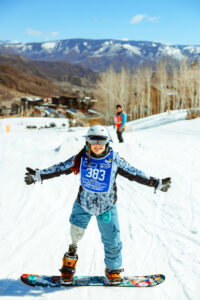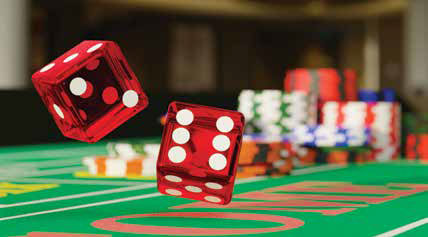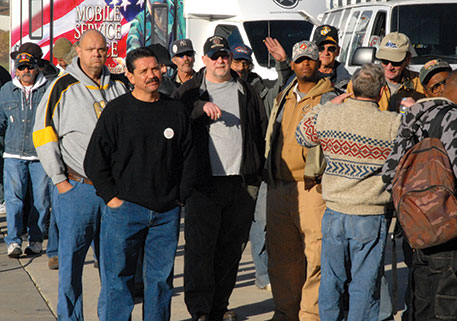 By Donna J. Bell, communications director, VA Office of Integrated Veteran Care
By Donna J. Bell, communications director, VA Office of Integrated Veteran Care
“Anger is not a perfect circle of stages you work through — it is a big ball of craziness,” U.S. Army Veteran Amanda Seward said of her journey of healing and acceptance. She enlisted in the Army in 2011, however, after a decade of service and two deployments to Kuwait, it was a typical day on the job as a Guard Reserve recruiter in January 2019 that left her disabled. Only a month back from her second deployment, she pulled her car over to the side of the road and, after exiting, was struck by a vehicle from behind.
Several months later, after several surgeries to try and salvage her limb and a struggle with infections, she and her providers at Walter Reed Medical Center made the difficult decision to amputate her leg in April 2019. What followed was a seemingly endless number of therapy, procedures, and prosthetic appointments that led to her being medically retired in 2021.
“I had so much emotion, but I had to learn and grow, adapt and become better,” Seward said, stating that it was difficult to realize how people saw her had changed.
“I have this injury, but it is not what defines me. People try to make it the first thing they relate to me,” she said, adding that people are thrown by the thought of a female amputee and wishes that there was better education about amputees and disabilities, starting with educating school children. She feels that most people don’t think about disabilities until it affects them, and so don’t have the education to realize that a disability doesn’t limit the ability to live a full life.
Now, in her second year at the National Disabled Veterans Winter Sports Clinic, Seward is not only living a full life, she is looking forward to accomplishing even more as she works toward new goals – qualifying for the 2026 Paralympics in snowboarding and creating a non-profit organization called Taking Art into Battle. The latter would allow members of the military and Veterans to proactively participate in art and creative therapy. Through this non-profit, Seward hopes to be able to appear before Congress to advocate for creative arts positions in the military. However, this week her focus on the slopes is dedicated honing her snowboarding skills and learning to ride “goofy”.
And while the daily struggles of mental and physical pain can still overwhelm Seward at times, she says she can now see more of what the world has to offer. Coming to Winter Sports Clinic, she said, allows her to get a hug or have deeper conversations those who truly understand where she has been.
“We need to tell each other that it is OK to ask for help, you are not any less,” she said. “Find your team, because they will support you and make you strong.”
She paused and took a breath. “Find your team.”





